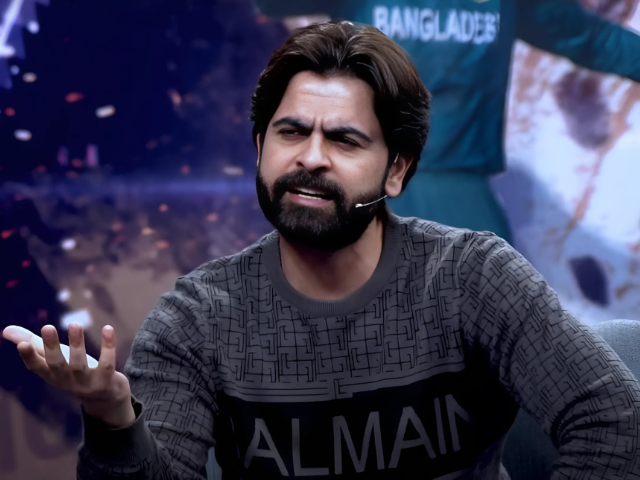Ahmed Shezad launched a scathing attack on Pakistan’s cricket system, denounced the selection process and domestic cricket structure following Pakistan’s defeat against India.
The previous opener was not understated, highlighting the lack of team choice, internal politics and, according to him, the culture’s lack of merit that has prevented young talent from thriving.
“Same player, same politics”
Shehzad directly accused a group of six to eight senior players of running flashyly within the team, making it difficult for young talent to break through. He claimed that these players retained an excessive influence on their choices, ensuring that only people within their circles were given the opportunity.
According to him, this led to a stagnation of cricket in Pakistan.
Shehzad dismissed the so-called “surgical reform” of the PCB as mere eye washes. He claimed that the board removed the selector and scapegoated several players while keeping the larger structure intact.
He also criticized the appointment of former players as mentors for television panels, suggesting that they are being paid a large sum to protect the status quo, rather than offering real critique.
Domestic cricket crisis
Shezad shifted his focus to Pakistan’s domestic cricket structure, claiming that real talent is ignored for favors. He passionately defended young skilled players who, despite their abilities, are denied opportunities due to their lack of connection.
He challenged the belief that international choices are purely merit-based, arguing that nepotism and favor dominate the process.
“The board says choices are based on performance, but we know that’s not true,” Shezad said. “If someone doesn’t have the right contacts or influential supporters, they won’t maintain their chances. I’ve seen it first hand.”
What’s next for Pakistan Cricket?
Shehzad concluded his remarks by issuing a direct challenge to the PCB, urging him to take actual action rather than cosmetic changes. He argued that Pakistani cricket would continue the downward spiral unless the system was overhauled and merits were prioritized.
“We tried to support this team. We defended them too long. It’s time for accountability,” Shezad declared. “If you continue to support the same underperformers, don’t expect different outcomes. You have young players who can turn things around, but that’s only if they’re given a fair chance.”
As the Champions Trophy is approaching, questions about Pakistan’s choice policy and leadership remain unanswered. If Shehzad’s claims hold true, the future challenges of Pakistani cricket could be much greater than merely recovering from defeat against India.

